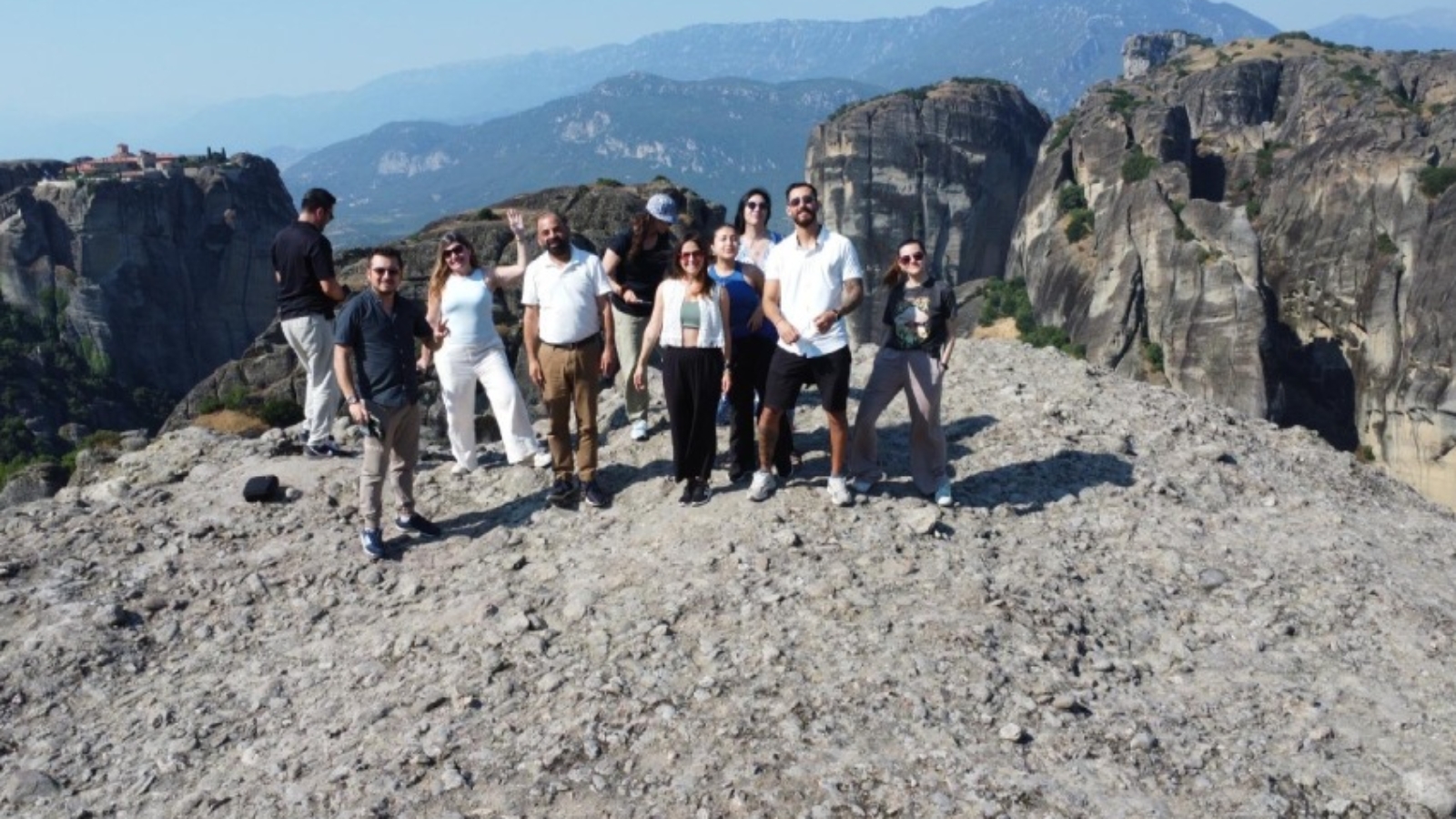Greece has long been one of the world’s premier travel destinations, celebrated for its cultural heritage, natural beauty and legendary hospitality. Yet modern visitors increasingly seek more than sightseeing alone—they look for experiences that foster dialogue, learning and a deeper connection with local communities. That spirit lay at the heart of the recent DUALTOURISM training week in Larissa, where participants from across Europe came together for workshops, field visits and handson collaboration.
A highlight of the program was the daytrip to Meteora, a UNESCO World Heritage site whose centuriesold monasteries perch dramatically atop towering sandstone pillars. Standing in these “suspended rocks,” participants encountered a living classroom of history, spirituality and environmental harmony. The outing reframed tourism not as passive consumption but as an active, reflective exchange—exactly the mindset DUALTOURISM seeks to promote.
By pairing classroom sessions in Larissa with immersive experiences like Meteora, the project demonstrated how education and tourism can reinforce each other:
- Sustainable development – Discussions focused on how lesserknown regions can attract visitors while protecting cultural and natural assets. Meteora’s strict visitation guidelines offered a model of preservation in practice.
- Community empowerment – Local guides, artisans and producers in Thessaly showcased ways tourism revenue can strengthen rural economies without compromising authenticity.
- Intercultural dialogue – Participants compared their own regions’ challenges and successes, building a shared European perspective on responsible travel.
Larissa itself proved how a midsized city can anchor such initiatives. With its vibrant food scene, contemporary museums and proximity to both mountain and sea, it became a realworld laboratory for designing routes that spread visitor flows beyond Greece’s traditional hotspots.
The takeaway? Greek tourism is far more than “sun and sea.” It is culture, faith, nature and community—woven together through meaningful encounters. Projects like DUALTOURISM point toward a future where travelers, educators and locals cocreate experiences that honor place and people in equal measure.


